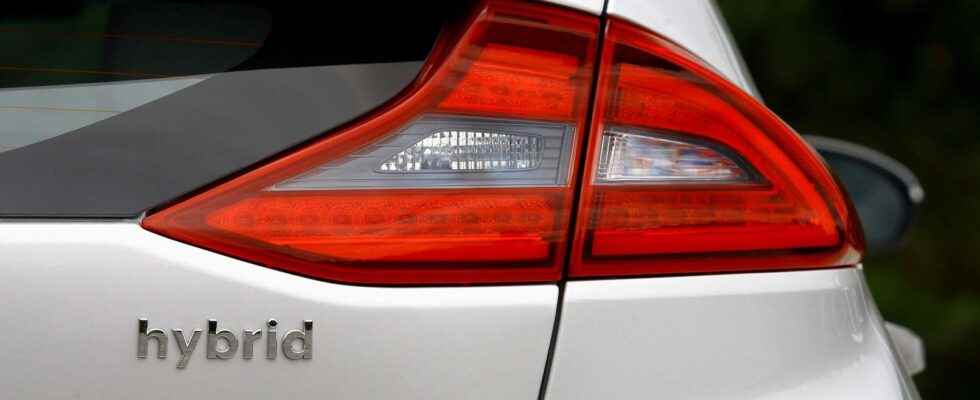According to a study commissioned by the Swiss canton of Valais, the real advantages of plug-in hybrid vehicles would be much less than what the manufacturers promise.
You will also be interested
The Swiss canton of Valais has abolished subsidies for plug-in hybrid vehicles following a report that showed they offered little benefit in matter ofemissions and fuel consumption on mountainous roads. This study was carried out at the request of the Valais authorities by the company Impact Living, a company that is active as an assistant building owner.
According to this study, “ quantitative results (measures of actual fuel consumption) show that vehicles hybrids plug-in fall far short of what they promise and have only very slight (if any) advantages over a car conventional thermal “. One of the authors of the study, Marc Muller, engineer in energies, told the radio Swiss public RTS that these vehicles are ” a standard scam CO2, climate goals and consumers! “.
The study shows that the plug-in hybrids, in the reality of the Valais topography, a very mountainous region, “ emit up to almost 4 times more CO2 than advertised by the builders. According to the study, ” even a driver with charging stations at home and at work and making short trips does not reach the manufacturers’ values “. ” Hybrid vehicles are often advertised by manufacturers as vehicles with 1.5 to 2.5 liters per 100 kilometers, but in reality, they consume between 4 and 7 liters, like diesel vehicles. “, underlined Mr. Muller, at the RTS.
Other studies overwhelm plug-in hybrids
The Valais, which financed the Impact Living study, has already abolished the subsidies for these vehicles. In 2020, the NGO Transport & Environment (T&E), which analyzed the behavior of three of the best-selling models this year, had already affirmed the CO2 emissions from plug-in hybrid vehicles remain higher than what the manufacturers officially announce.
Studies by the NGO International Council on Clean Transportation (ICCT) have also concluded that real-world CO2 emissions from plug-in hybrids were generally higher than the measurements communicated during their approval process.
For many experts, the plug-in hybrid combines the worst of the two universe, or the disadvantages of heat engines (pollution ofair) and those of electric motors (high weight and price due to the two motors).
When they are not regularly recharged, these cars suffer from very high consumption. But, used correctly, and for some drivers who combine long distances on highways and urban use, the plug-in hybrid remains an alternative to diesel, which has fallen out of favor since the scandal of Volkswagen’s rigged engines.
Interested in what you just read?
.
fs1
